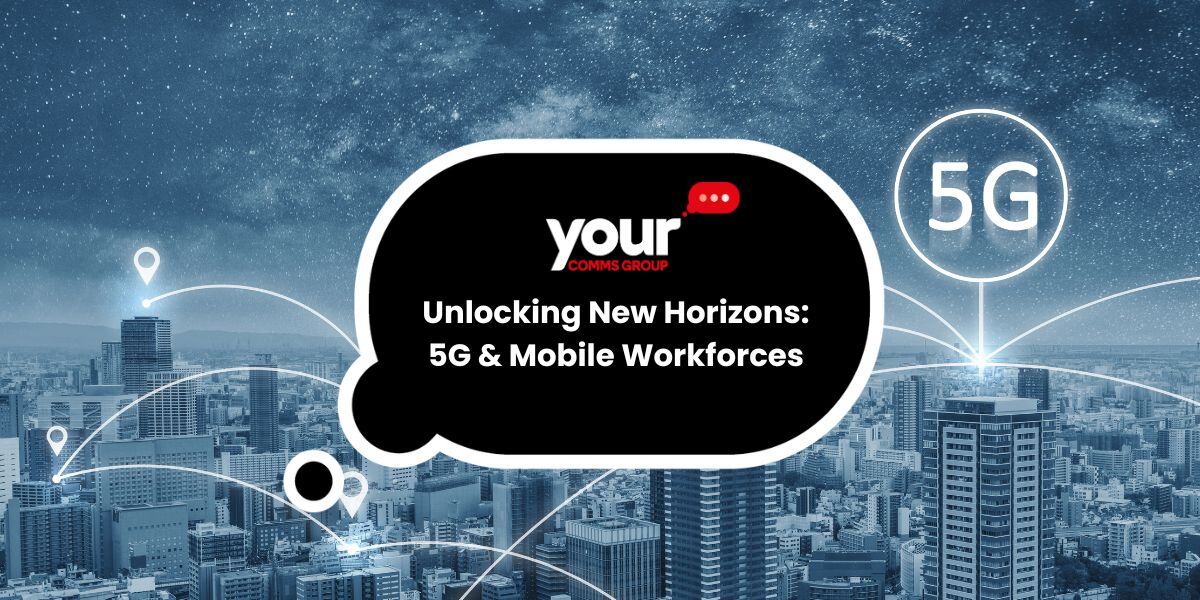Revolutionising Connectivity: The NB-IoT Odyssey in the Tech Universe
We all can agree that Connectivity is the linchpin that stitches together innovation in the Internet of Things (IoT) Universe. Imagine your gadgets...

If you have ever struggled to understand all of that fancy technology jargon, our tech terminology dictionary is here to help.
Have you ever read a technology based article, webpage or product description, found an incredibly fancy word and wondered, "What on Earth does that mean?"
If so, you aren't alone - tech terminology can get pretty confusing at times. However, a lot of those long words and dumbfounding acronyms usually mean something very important, and could actually be the key to deciphering which device is right for you and which isn't.
For this reason, we have created a handy tech terminology dictionary for you to refer back to next time you get stuck.
.png?width=800&name=dictionary%20(1).png)
2G involves the use of digital signal to compress data and information, delivering this across the radio spectrum, and providing more efficient network usage. The name '2G' came about as this is the second generation of GSM (Global System for Mobile Communications) standards.
3G was a huge stepping stone for the world of accessible TV streaming services, making it a pretty big deal in the world of technology. With faster connectivity than 2G, with speeds that fall between 1 and 2MBS, 3G provides a much quicker connection than 2G/GPRS.
For faster speeds and high-definition, buffer-free streaming, 4G LTE is a popular choice. 4G is data-only, which means that any calls made will be performed via 3G.
As newest, fastest and most innovative form of data connectivity, 5G is unrivalled when it comes to speed. 5G networks are highly reliable with low latency, high GBPS speed and a broader bandwidth.
Backhaul is another way to refer to the communication and data transfer that takes place between radio masts and the rest of the internet. The highest standard is obtained using Gigabit Ethernet.
Dongles are handy devices that allow users to connect to the internet when they are away from a stable internet connection. The dongle is plugged into the computer or laptop USB port and provides connectivity using a mobile phone network.
EDGE (also known as Enhanced Data rates for GSM Evolution) provides data rates that are quicker in speed than 2G GPRS networks, with internet access that is as much as three times quicker.
GPRS is a way to describe the data transfer within your mobile network over a 2G signal, and it works by separating the data into small pieces for an easy transmission.
GSM (or Global System for Mobile Communications), is an overall standard for the production and building of mobile network systems. Adhering to GSM standards ensures compatibility for mobile networks around the globe.
HSPA+ (also known as 3.5G) is a faster version of 3G connectivity, delivering much quicker download and upload speeds than its predecessor. It comes in varying forms, including HSPA +21, with speeds of up to 21MBS, and HSPA +42 which comes in even faster at - you guessed it - 42MBS.
MiFi, similar to a dongle, is a way of locating internet connection when you cannot find an internet hotspot. Coming in the form of a portable router, MiFi is transportable and secure Wi-Fi that often allows connectivity for multiple devices via a data network.
Spectrum refers to the 'spectrum' of radio frequencies used to carry wireless phone data from the mobile operator's side. Depending on the network standard - be it 3G, 4G, or 5G - a different frequency may be used.
Possibly the most well-known term on this list, WiFi stands for Wireless Fidelity and is another way to refer to a wireless internet connection. WiFi hotspots are available all over the country nowadays - from coffee shops to supermarkets to your own home - and you can usually connect as long as you are within a 30 metre radius of the hotspot itself.
WiFiMax (or Worldwide Interoperability for Microwave Access) is an even bigger and faster version of Wireless Fidelity, providing super-speedy 30BMS downloads with a radius of up to 30 miles.
Do you need more information? Your Comms Group is here to help! Our team of telecommunications professionals are happy to provide you with support and bespoke business mobile solutions. Get in touch with us today to find out more.

We all can agree that Connectivity is the linchpin that stitches together innovation in the Internet of Things (IoT) Universe. Imagine your gadgets...

Today's lifts are architectural technologies that employ complex engineering and high-tech advances for safe and efficient movement. Despite that, a...

Despite the progress made in wireless technology, mobile workforces have faced numerous challenges. Some improvements have been made, but 4G still...